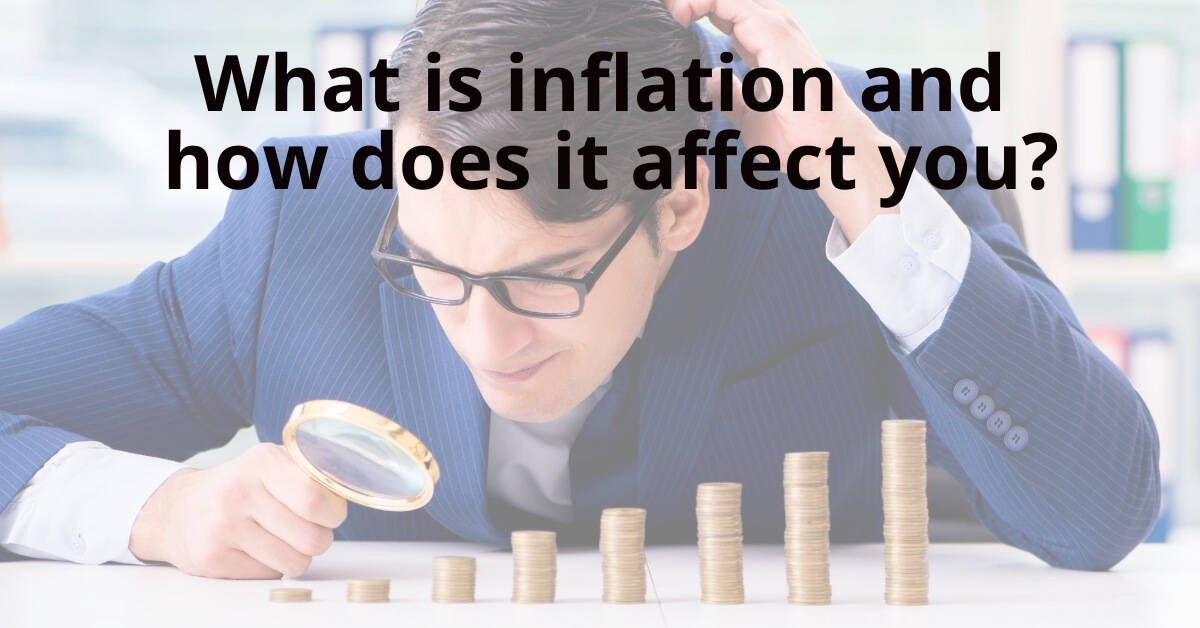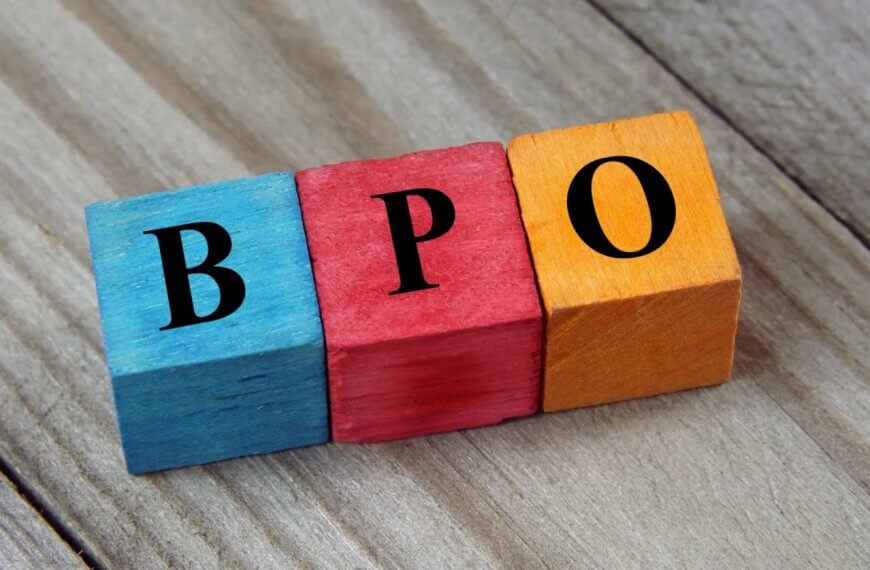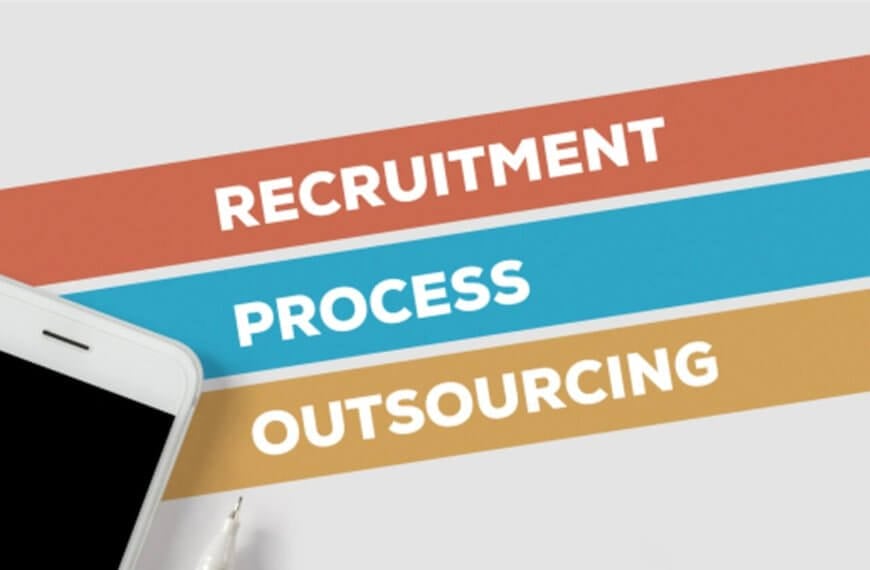Introduction to Inflation
Inflation is the loss of value of money over time. When inflation is measured as a percent change per year, it is called annual inflation. When inflation is measured in terms of the cost of living, it is called consumer price index (CPI) inflation. CPI inflation is usually calculated using a fixed basket of goods and services. It is also sometimes calculated using a fixed number of items, such as the Consumer Price Index for All Urban Consumers (CPI-U), which measures the inflation of all goods and services purchased by urban consumers.Inflation is an increase in the total supply of currency in circulation. Deflation is the opposite, when the total supply decreases, causing the value of currency to decrease. When inflation happens, the price of goods and services rises. On the other hand, deflation causes prices to fall. A country experiencing inflation will see its currency depreciate against other currencies.
Understanding Inflation & Deflation
We’ve all heard about inflation and deflation, but do we really understand how it affects us?
When you hear the term “inflation” you probably think about rising prices. But inflation has many definitions, including rising interest rates, rising costs, or even falling wages.
If you’re not familiar with the concept of deflation, then you might be surprised to learn that it’s very common these days. Deflation happens when prices fall instead of rise.
When deflation occurs, consumers spend less money due to lower prices, causing businesses to cut back on spending as well. This means fewer jobs, lower salaries, and slower economic growth.
But thankfully, deflation doesn’t last forever. Eventually, the economy will return to normal. And when it does, you’ll be able to buy more stuff for less money!
What Causes Inflation?
Most people believe that inflation is caused by government spending. But in reality, inflation is caused by two factors: 1) Demand and 2) Supply.
It’s important to understand these two factors because they determine whether or not prices will rise or fall. When demand increases, prices go up. When supply increases, prices go down.
Is inflation good or bad?
Inflation is the rate of increase in prices over time. It’s also known as price rises.
When inflation is low, it means that prices are stable and not rising. However, when inflation is high, it means that prices will rise over time.
The problem with inflation is that it makes everything cost more over time. For example, if you buy something for Php100 today, it might only cost Php90 tomorrow. But if inflation is high, then it would cost Php95 tomorrow.
But does inflation really matter? Well, yes and no. Yes, because it affects how much money you make. And no, because it doesn’t affect your purchasing power.
Inflation and Purchasing Power how they affect you
We live in a world where inflation is rampant. It’s not just prices going up, but our purchasing power is also shrinking. This means we’re buying less stuff with each paycheck.
Inflation is bad for everyone, including realtors. But how do you protect yourself from its effects? By understanding how inflation works, you can make sure you’re not losing money by selling homes.
Purchasing power is the ability to buy goods and services. This is affected by inflation.
When there is inflation, the purchasing power of money decreases.
As inflation rises, the value of money declines.
How does this affect you?
Well, if you want to save money, you need to find ways to earn more money than you spend. Or, you could try to spend less money. But, if you don’t earn more money than you spent, you won’t be able to save any money.
What about inflation?
Inflation affects everyone equally. It doesn’t matter whether you’re rich or poor. However, it does affect those who live paycheck to paycheck. Because their income isn’t enough to cover their expenses, they often end up spending more than they earn.
They spend more than they earn so that they can pay their bills. But, if they didn’t spend more than they earned, they wouldn’t have to worry about paying their bills. So, inflation helps people who live paycheck to paycheck by giving them extra money.
But, it hurts people who live comfortably. Because they have to spend more money to maintain their lifestyle, inflation makes it difficult for them to save money.
Inflation also hurts those who rely on savings accounts. Savings accounts are usually tied to interest rates. Interest rates go down when inflation goes up.
So, if you have a savings account, you should consider moving some of your money into bonds.
Bonds are investments that pay out interest every year. The higher the rate of return, the better. So, if inflation continues to rise, you’ll be able to earn more money by investing in bonds instead of saving money in a bank.
If you’re worried about inflation, you may want to invest in gold. Gold is an investment that pays out dividends every year.This means that even if inflation increases, you’ll still earn money.
You can use these tips to help you avoid getting hurt by inflation.
But, remember that inflation is inevitable. It’s part of the global economy. So, you can’t stop it.You can only prepare yourself for it.
In conclusion, inflation and purchasing power have a huge impact on your finances. When prices go up, it means that your money goes further than before. But when prices drop, it means that your pesos go farther than before. This is why it’s important to pay attention to both of these factors. They can either help you save money or cost you money. Either way, it’s important to understand their effects on your budget.
























